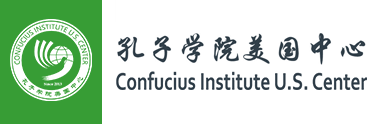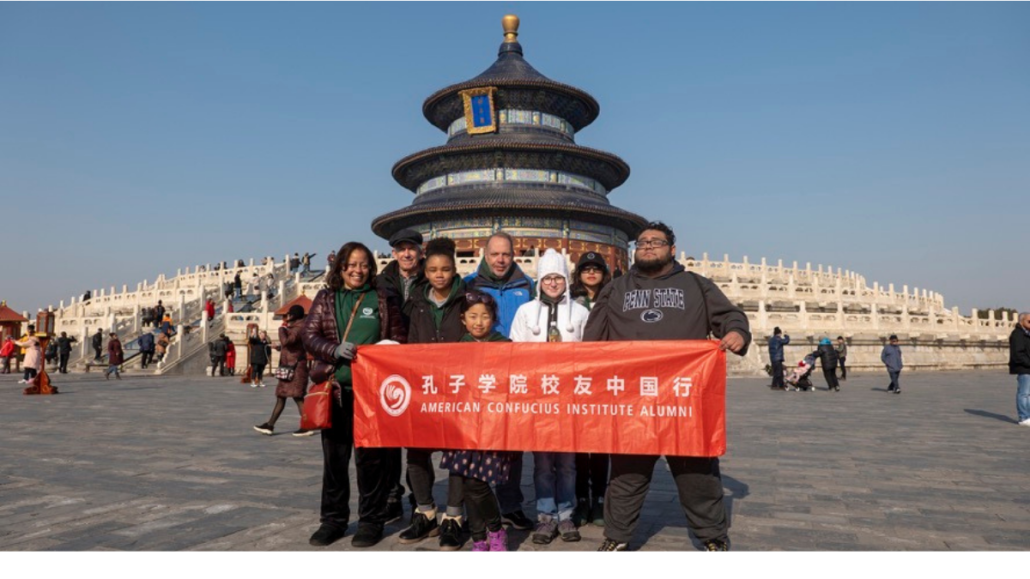5 Takeaways from New In-Depth CI Report
by Erik Eging
In a recent article by Jamie P Horsley of the Brookings Institute, the visiting fellow cuts through misinformation surrounding Confucius Institutes and argues its time for a new approach to these language learning programs. Here are six major takeaways:
1. Chinese language skills are needed now more than ever.
“These closings and the attendant inflammatory rhetoric exacerbate a national foreign language deficit at a time when training Mandarin speakers familiar with an ever more consequential China should be a national priority.”
With many challenges facing U.S.-China relations, it is critical that our future leaders become fluent not only in the language of one of our strategic economic rivals, but also the cultural and philosophical differences underlying our countries presuppositions. This understanding can only come through engagement between our two countries. Even though we may disagree on many important topics, any effort at future diplomacy will be undermined if we cannot understand the modes of thinking that underpin our current global challenges. However, just as it’s needed most, political opportunists continue to use governmental bullying and misguided “activists” to produce a boogie man. Their reasoning is often left vague enough to fill the vacuum of any evidence.
2. Despite the media narrative, evidence of wrongdoing is nonexistent.
“Multiple investigations into U.S.-based CIs, including by the Senate, have produced no evidence that they facilitate espionage, technology theft or any other illegal activity, no evidence that federal funds are used for their support, and only a handful of objectionable U.S. incidents.”
The controversy surrounding CI’s often is in need of a serious fact check. Members of Congress and “activists” continue to make statements that routinely go unchallenged or unverified by the press. On the rare occasion that they are asked for something more substantial than anecdotes and feelings, they change the conversation with even wilder, more salacious, and less grounded accusations.
3. Both too political and not political enough.
“Most CIs do limit their scope to language and traditional culture, leaving political and other topics to other university contexts.”
CI’s exist as a way to supplement already existing language curriculum. They were never intended to be the entirety of a students’ education and therefor their scope was limited to what students needed most, additional help practicing a very difficult language. I would know. I majored in Chinese at George Mason University. At no point did the existence of a CI on campus limit my for-credit classes from diving into topics such as the Cultural revolution, Tibet, Taiwan, the Dali Lama, etc. However, if I was struggling with particularly difficult traditional Chinese characters or comprehension, I had access to extra-curricular teachers to help me with language mastery.
4. Diversity of viewpoints
“The CI project is intended to promote a favorable understanding of China, but CIs do not enjoy a monopoly over information available on campuses, and based on interviews and at least one study, any concerns that American students will be brainwashed by CCP propaganda, delivered through CIs or otherwise, are overblown.”
Every country on this planet attempts to paint itself in the best possible light. This is the mission of our very own State Department. It is absurd to expect that we as a country should have a monopoly on this. It is also demeaning to assume American students are too stupid not to inadvertently subject themselves to a foreign power’s “alleged” propaganda campaign. If students and former students, such as I, felt they were being manipulated—we wouldn’t participate.
Additionally, a goal of higher education is to explore a variety of viewpoints and figure out for yourself what you believe in. In this vein I took classes at George Mason University on everything from Marxism to libertarian economics. I am neither a Marxist nor a libertarian. The idea that I, and other free-thinking students like me, are incapable of thinking for ourselves is frankly insulting.
5. The dangers of politicly convenient conflation.
“As tensions between the U.S. and China grew, federal policymakers frequently conflated CI-related academic freedom concerns with a broader set of issues including: Chinese efforts to steal technology, intellectual property and research data; disruptive activities by some campus-based Chinese student associations and China’s consulates; Chinese talent recruitment plans; and other suspect influence efforts.”
I will be the first to say that there are legitimate concerns regarding U.S.-China relations. However, intentional misapplication of these concerns to target an educational program without evidence to score short term political points serves as a distraction at best. By attacking one of the few bright spots in cooperation and understanding between our two countries, we erect barriers to any possibility of a peaceful resolution to the challenges that plagued our two countries. Such barriers lead to nothing more than tit-for-tat escalations in an ever increasingly tense global atmosphere. The global language community, of which CI’s are a part, can be an important starting point for a solution.


